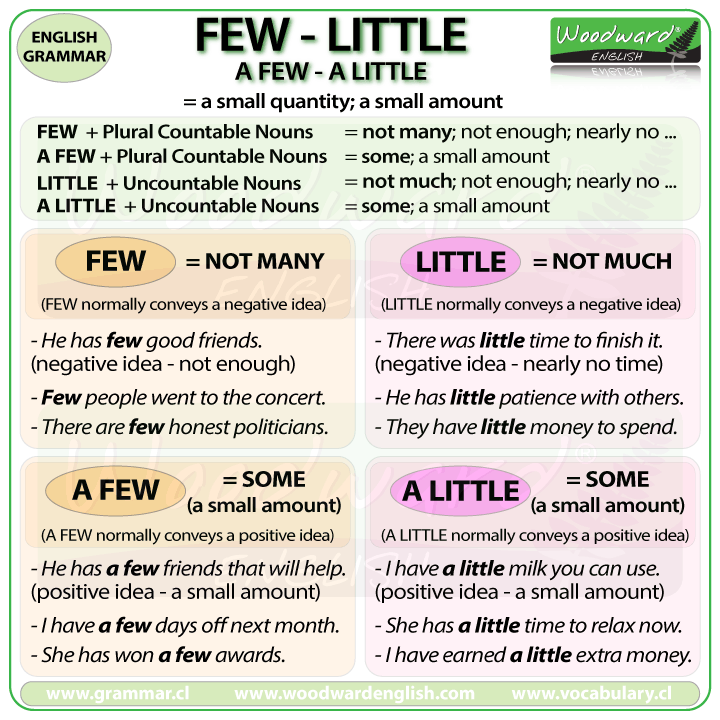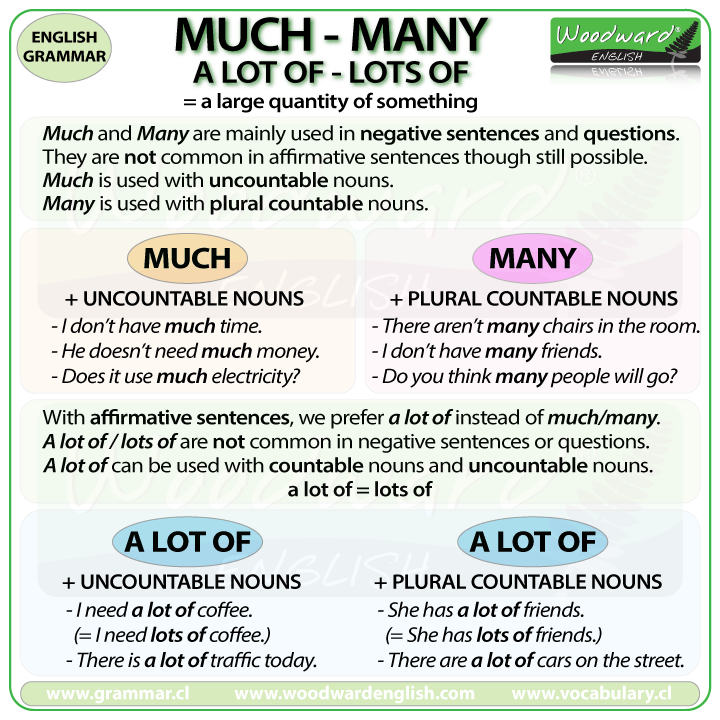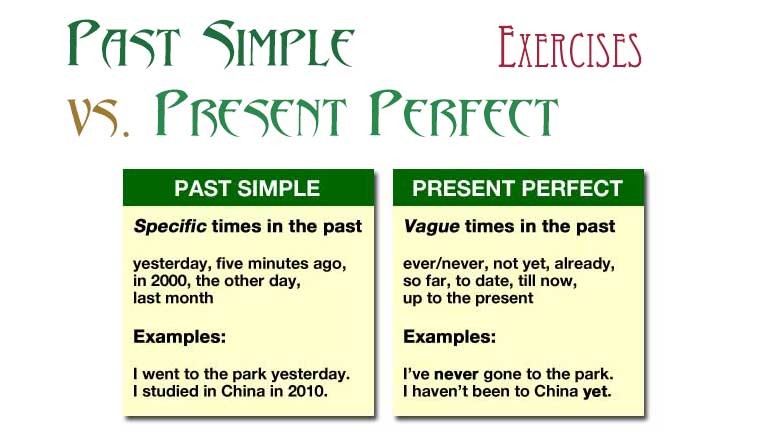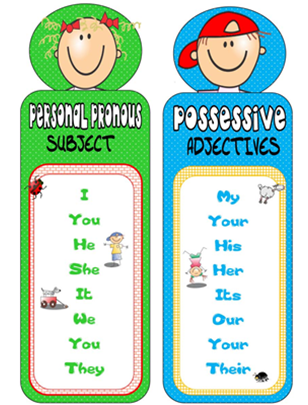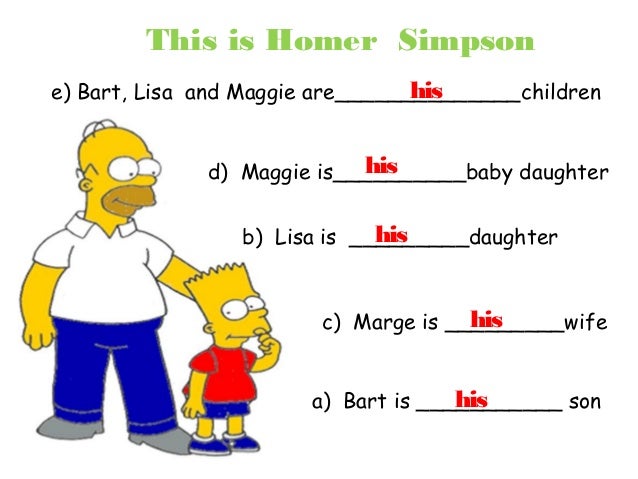divendres, 14 d’octubre del 2016
dijous, 13 d’octubre del 2016
diumenge, 15 de maig del 2016
dimarts, 15 de març del 2016
¡¡¡NÚMEROS POSITIVOS Y NEGATIVOS!!!
Aquí está muy bien explicado.
http://www.disfrutalasmatematicas.com/numeros/positivos-negativos-sumar-restar.html
http://www.dacilmatematicas.com/#!nmeros-positivos-y-negativos/c22o
Ejercicios:
http://web.educastur.princast.es/ies/pravia/carpetas/recursos/mates/anaya1/datos/04/03.htm
diumenge, 21 de febrer del 2016
ADVERBS AND ADJECTIVES
(Adverbios --> ejemplo: easily) Los adverbios acompañan a un verbo o a un adjetivo
- Lia resolved the problem easily (Lia resolvió el problema fácilmente)
- Lia is always well dressed (dressed es un adjetivo, por lo tanto , well, el adverbio, acompaña a un adjetivo)
(Adjectives --> ejemplo: easy) Los adjetivos acompañan a nombres o describen:
- She is very beautiful. (Ella es muy guapa) --> describe como es ella
- This problem is easy (El problema es fácil) --> describe como es el problema
- The red car is parked (El coche rojo está aparcado) --> Acompaña a Car, que es un nombre
http://www.englishexercises.org/makeagame/viewgame.asp?id=1829
https://www.ego4u.com/en/cram-up/grammar/adjectives-adverbs/exercises
http://www.englisch-hilfen.de/en/exercises/adjectives_adverbs/adjective_adverb.htm
dijous, 28 de gener del 2016
HAVE GOT AND TO BE
HAVE GOT (tener)
I have got
You have got
He/She/It has got
We have got
You have got
They have got
TO BE (ser o estar)
I am
You are
He/she/it is
We are
You are
They are
EXERCISES IN:
- http://www.englishexercises.org/makeagame/viewgame.asp?id=3019
- http://www.learnenglishfeelgood.com/english-verbs-behave1.html#
diumenge, 24 de gener del 2016
PRESENT SIMPLE AND PRESENT CONTINUOUS
These are websites to practise PRESENT CONTINUOUS and PRESENT SIMPLE.
https://elt.oup.com/student/englishfile/elementary/a_grammar/file06/grammar06_d01?cc=us&selLanguage=en
https://elt.oup.com/student/englishfile/elementary/a_grammar/file06/grammar06_c02?cc=us&selLanguage=en
https://elt.oup.com/student/englishfile/elementary/a_grammar/file06/grammar06_d02?cc=us&selLanguage=en
https://elt.oup.com/student/englishfile/elementary/a_grammar/file06/grammar06_c01?cc=us&selLanguage=en
https://elt.oup.com/student/result/engelem/a_grammar/unit08/8d_1?cc=us&selLanguage=en

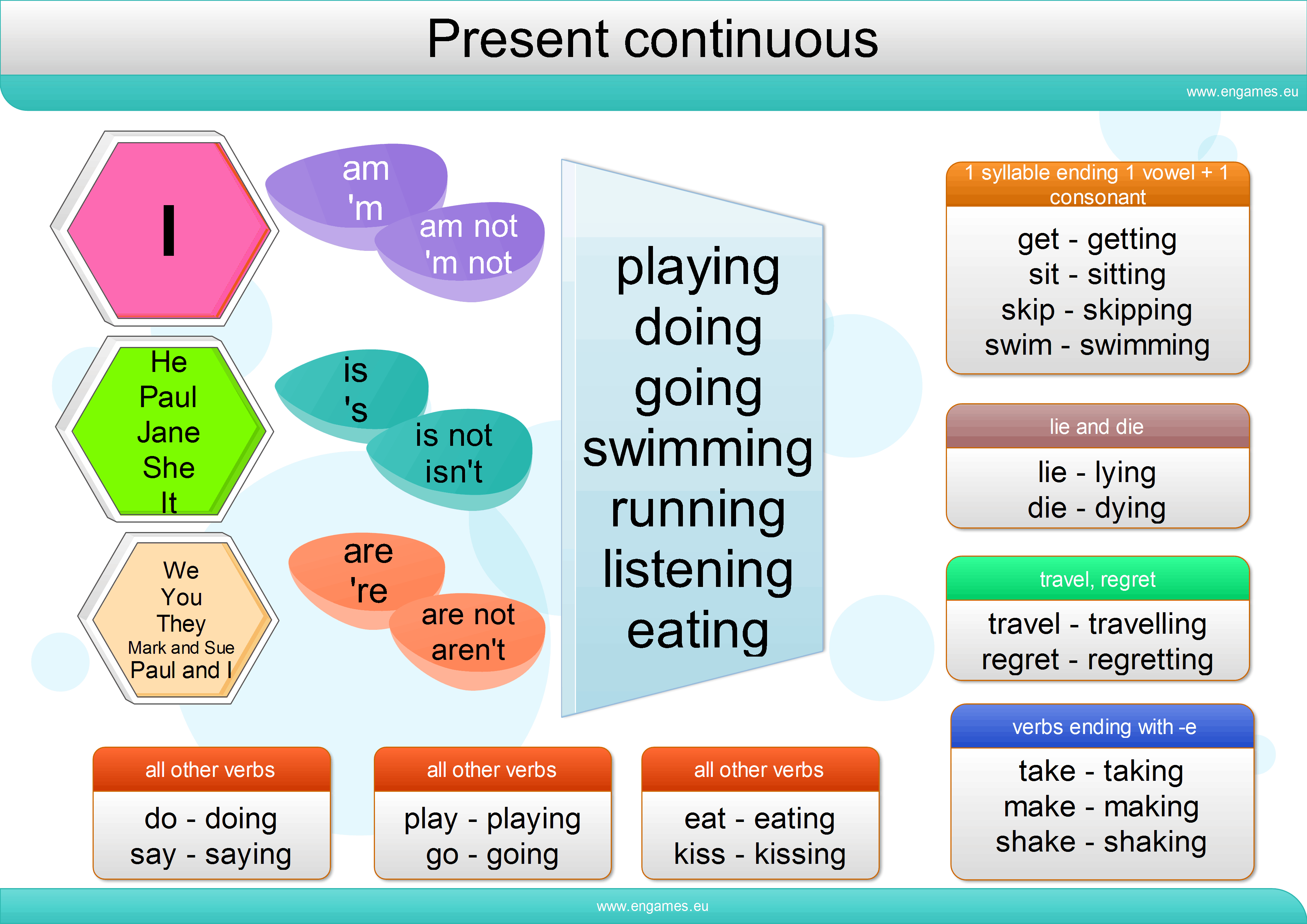
FÍJATE EN COMO CAMBIAN ALGUNOS VERBOS COMO STOP (stopping). Añade una T porque es una palabra monosilábica que acaba en
consonante + vocal + consonante (STOP)
Subscriure's a:
Comentaris (Atom)
